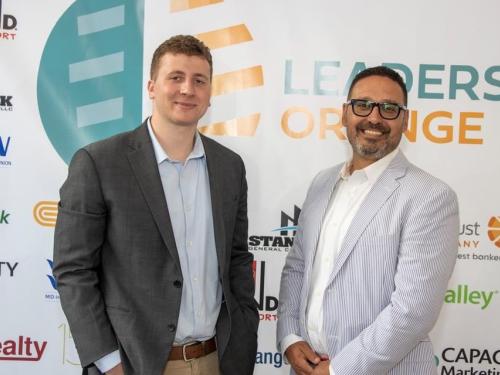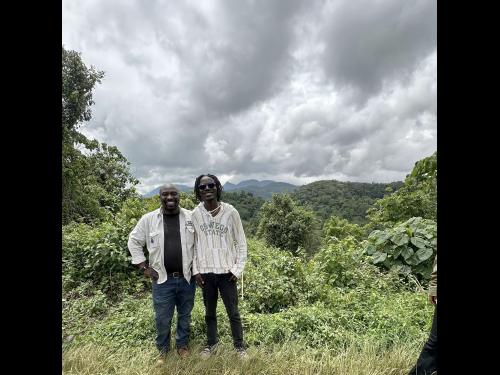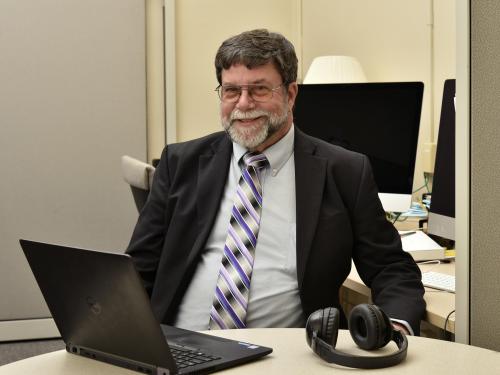Economics shapes a wide variety of policies that end up influencing our lives more than we can imagine.
Building on the present and past research, economics influences the design and implementation of monetary and fiscal policies, and social safety-net programs such as Unemployment Insurance, Supplemental Nutrition Assistance Program, or Temporary Assistance for Needy Families. Economics research also sheds light on the benefits and costs of market power and the role or regulation.
In addition, current and past work in the field allows us to understand the link between consumption, poverty and welfare as well as the importance of institutions, contracts, the rule of law, and private property rights in promoting growth and development. Economics also provides answers to questions regarding international trade and capital patterns as well as the locational choice of multinational enterprises.








